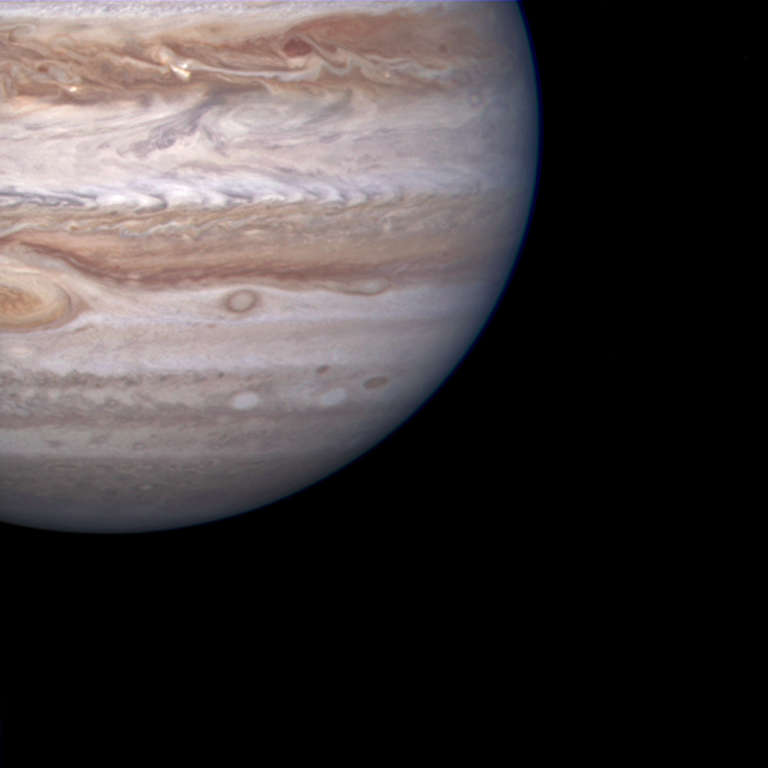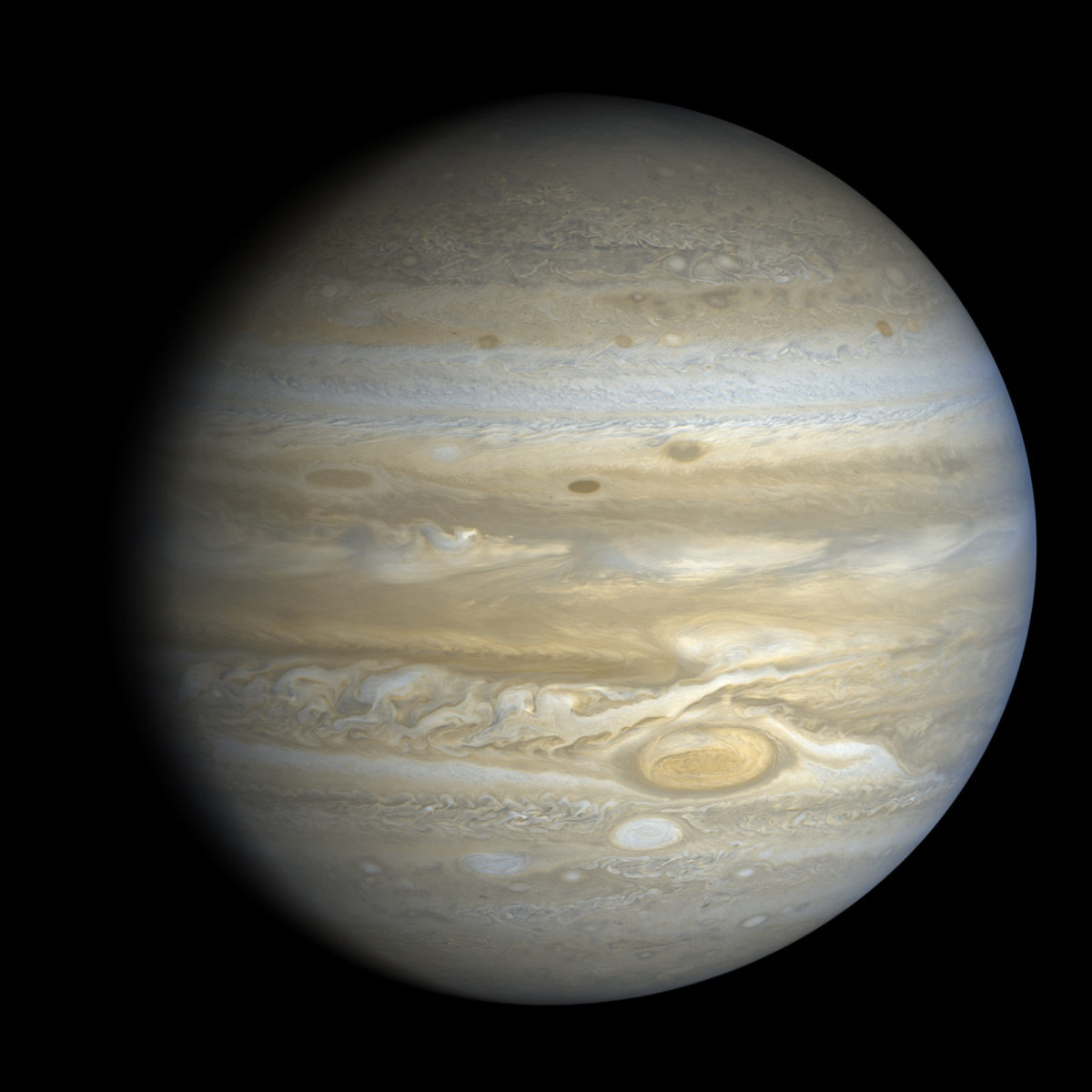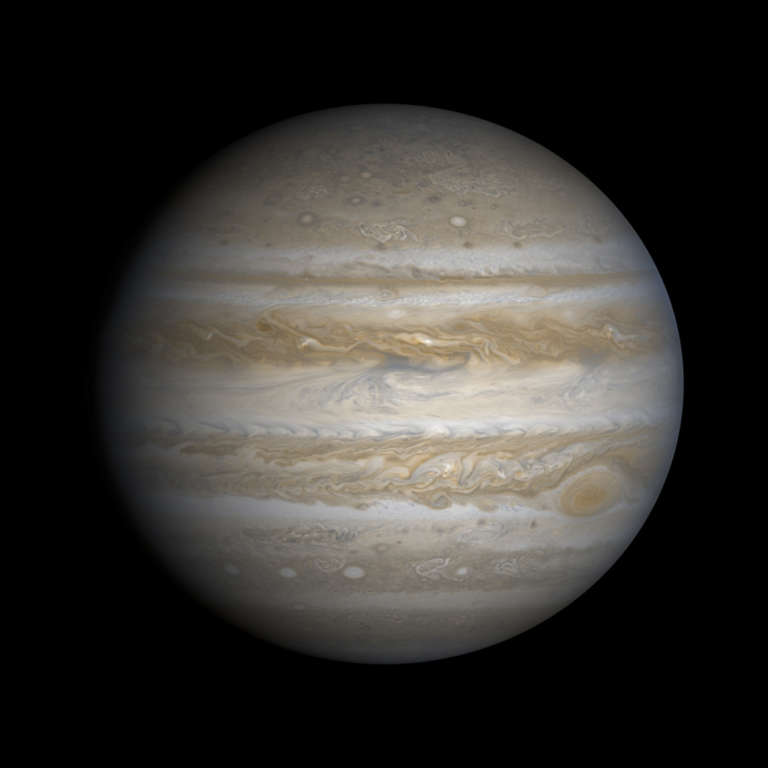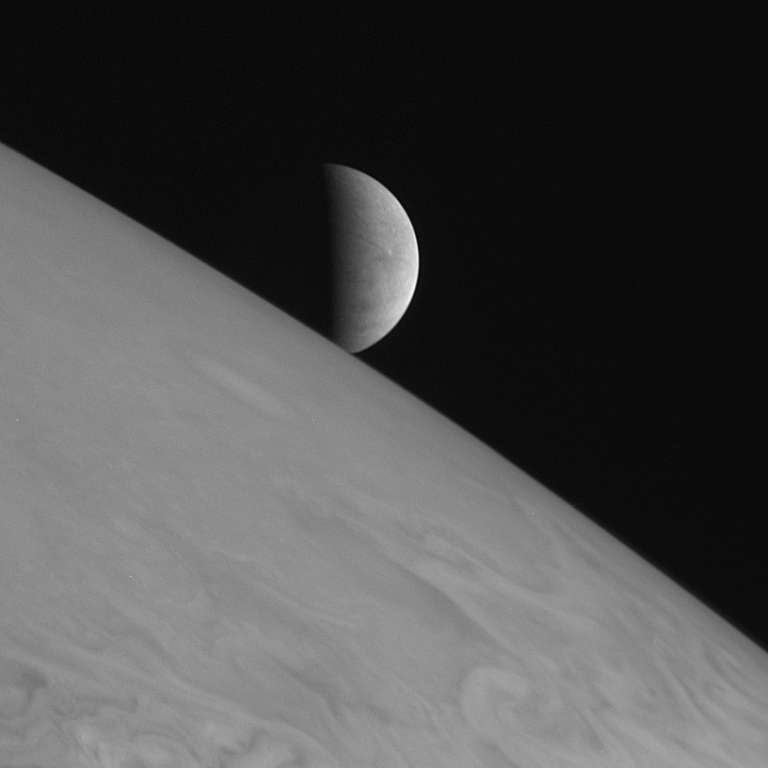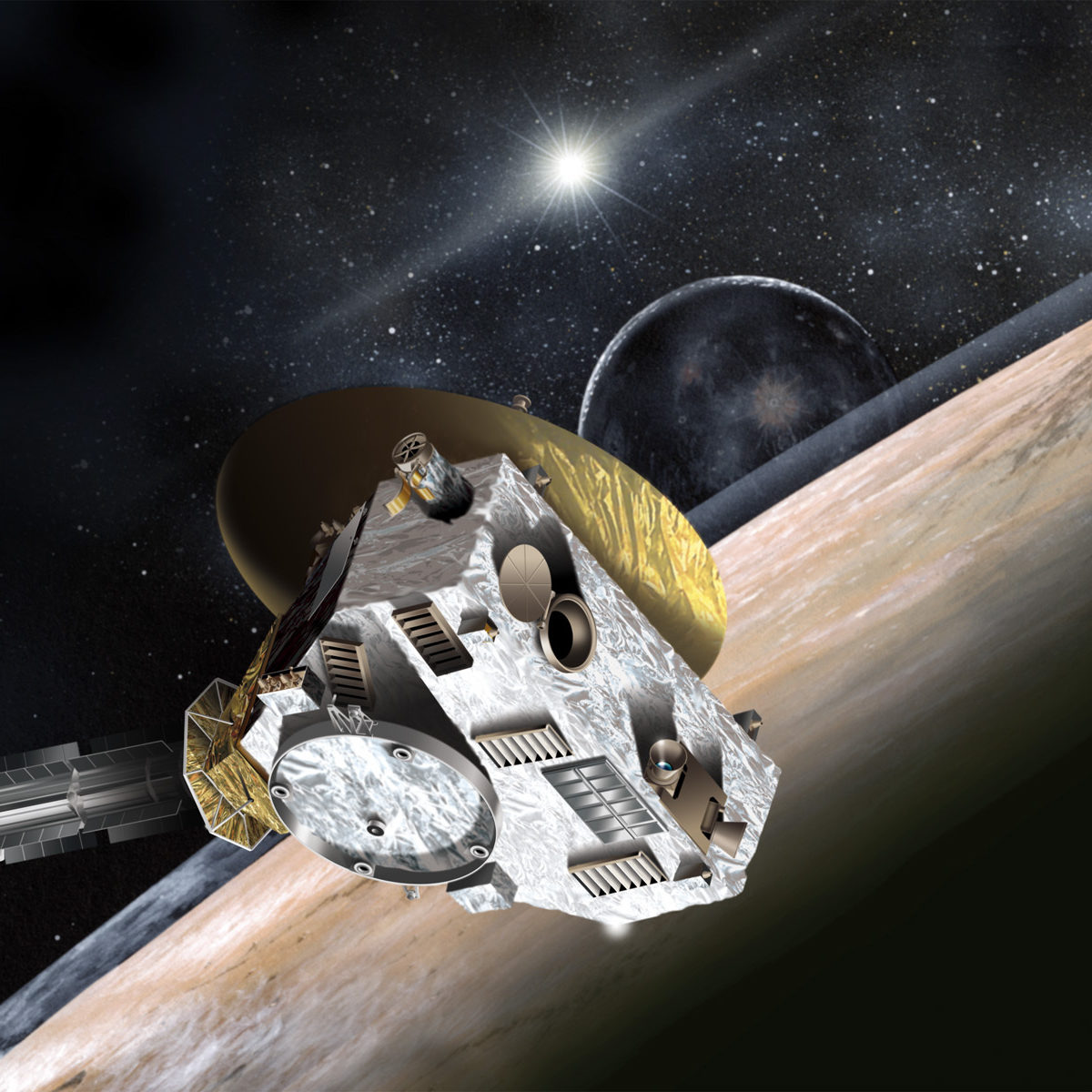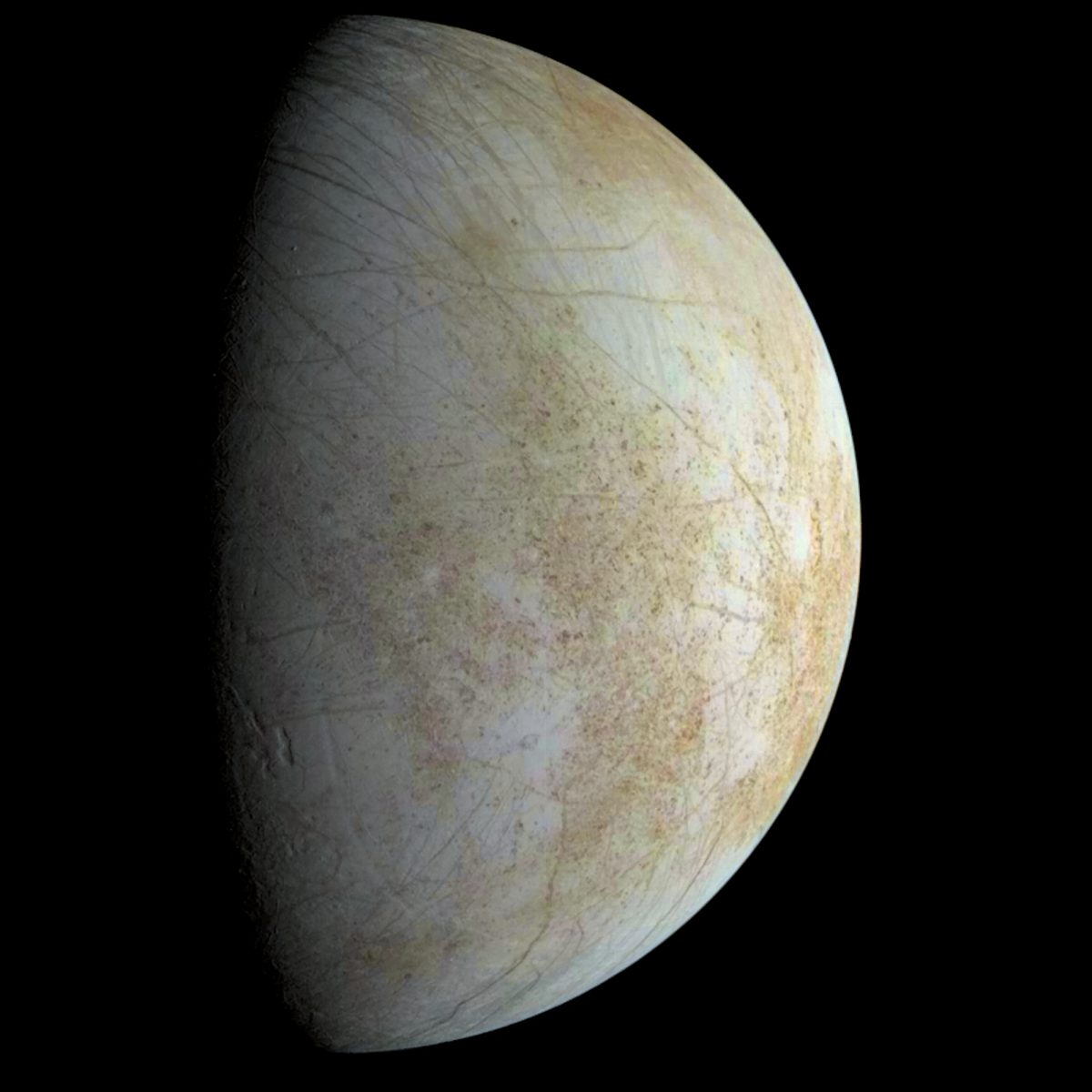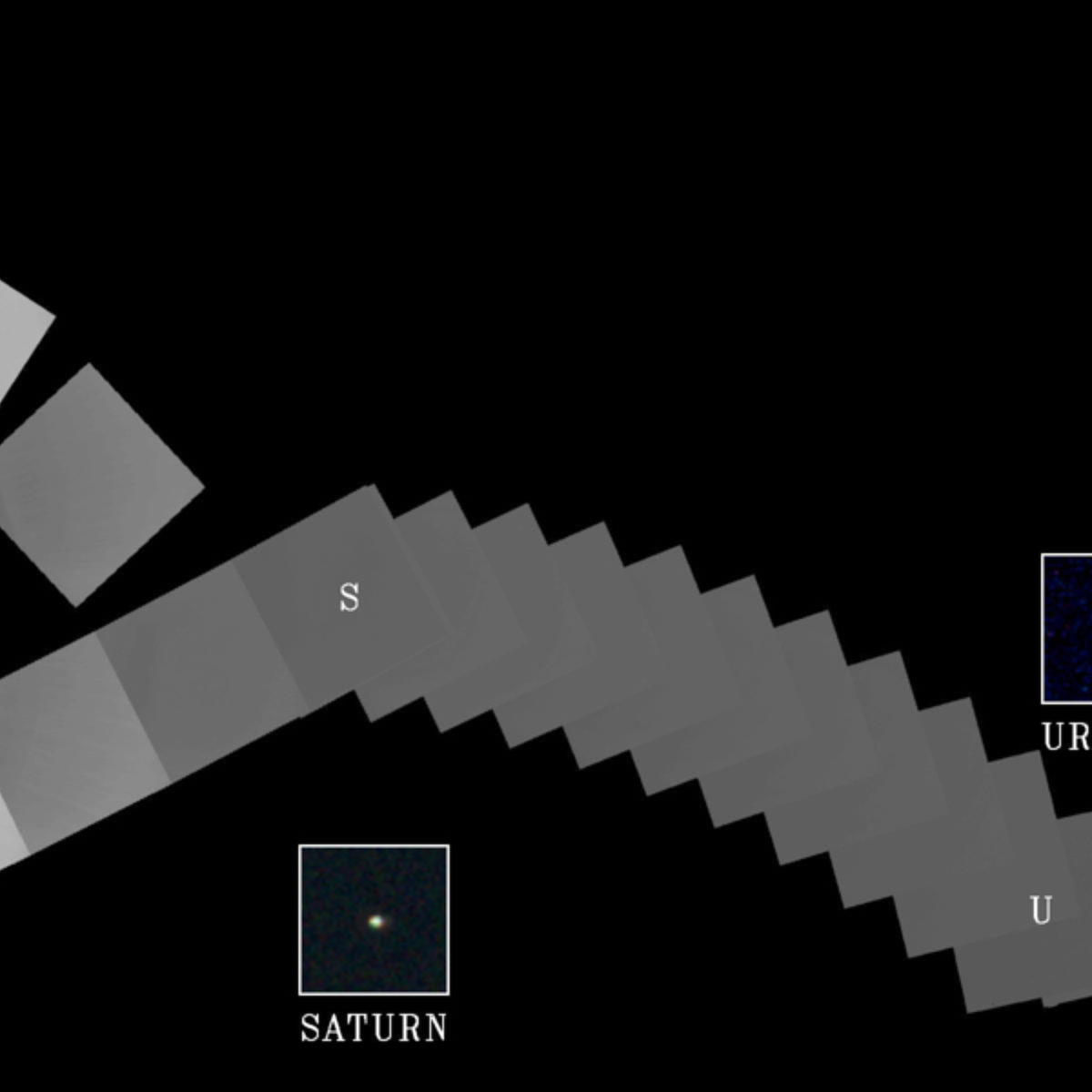All
All
Stories, updates, insights, and original analysis from The Planetary Society.
Hubble turns 20
Tomorrow is the 20th anniversary of the launch of the Hubble Space Telescope. It's hard to believe it's been going strong for so many years.
Where neon falls like rain
As if Titan's methane rain weren't weird enough, Jupiter's now thought to have helium-neon rain.
400 Years of the Galilean Satellites
It was 400 years ago today that Galileo discovered smaller planets attending the planet Jupiter.
Planetary Society Advent Calendar for December 7: Jupiter
Jupiter has been high overhead at sunset for several months, a brilliant light that's easy to spot even when the sky is still bright at dusk; but it's now moving quickly to the west as Earth speeds ahead of Jupiter's more stately march around the Sun.
Four hundred and fourteen years since Galileo
Galileo, the scientist, discovered the Galilean satellites of Jupiter four hundred years ago next month, while Galileo, the mission, arrived at Jupiter to study those moons in situ fourteen years ago Sunday.
Two new names in the solar system: Herse and Weywot
Via the USGS I learned that Jupiter has passed a milestone of sorts, and now has fifty named satellites.
Planetary Radio Q and A: Not-so-gassy giants
On Planetary Radio's
Frame a Pluto portrait
As New Horizons continues its journey (it's now approaching the orbital distance of Saturn, though it's very far from that planet in space), the mission is taking advantage of the recent experience with the Jupiter flyby to plan out the science operations for the Pluto-Charon encounter.
New Horizons' Jupiter flyby was successful!
According to a press release issued minutes ago, New Horizons has successfully completed its close flyby of Jupiter.
New Horizons update and a website roundup
I've just posted a very detailed timeline of New Horizons' encounter with Jupiter -- take a look!
New Horizons Jupiter Encounter Timeline
A year after its launch on January 19, 2006, New Horizons is fast closing in on Jupiter, the first target on its near decade-long journey. On February 28 the spacecraft will approach to within 2.3 million kilometers (1.4 million miles) of Jupiter before speeding along on to its way to the edge of the solar system.
New Horizons' raw images are now online
I got an email from John Spencer this morning telling me that the mission had posted all of New Horizons' most recently acquired images on the mission website.
New Horizons is targeting Jupiter!
New Horizons' Jupiter encounter is officially underway!
New Horizons is locked on target for its Jupiter encounter
Alan Stern just posted a detailed update on the status of New Horizons in his PI's Perspective blog on the mission website.
OPAG, Day 1: Getting to Europa
Next up at the Outer Planets Assessment Group meeting was an overview of the plans for future Europa missions.
Too much outer planets news for me to read (much less report on)
Before I get to my notes from OPAG I want to minimally acknowledge today's news, which I'll have to get to in more detail later.
Voyager's Last View
Home. Family. This will be Voyager's enduring legacy: It has changed forever the feelings raised by those words. Through its robotic eyes we have learned to see the solar system as our home. Through its portraits of the planets we know that they are part of our family. Apollo astronauts showed us a tiny Earth alone in the blackness of space. Now, with these images, Voyager has shown us that Earth is not really alone. Around our parent Sun orbit sibling worlds, companions as we travel through the Galaxy.


 Explore Worlds
Explore Worlds Find Life
Find Life Defend Earth
Defend Earth


 Sun
Sun Mercury
Mercury Venus
Venus Earth
Earth Mars
Mars Jupiter
Jupiter Saturn
Saturn Uranus
Uranus Neptune
Neptune Small Bodies
Small Bodies
